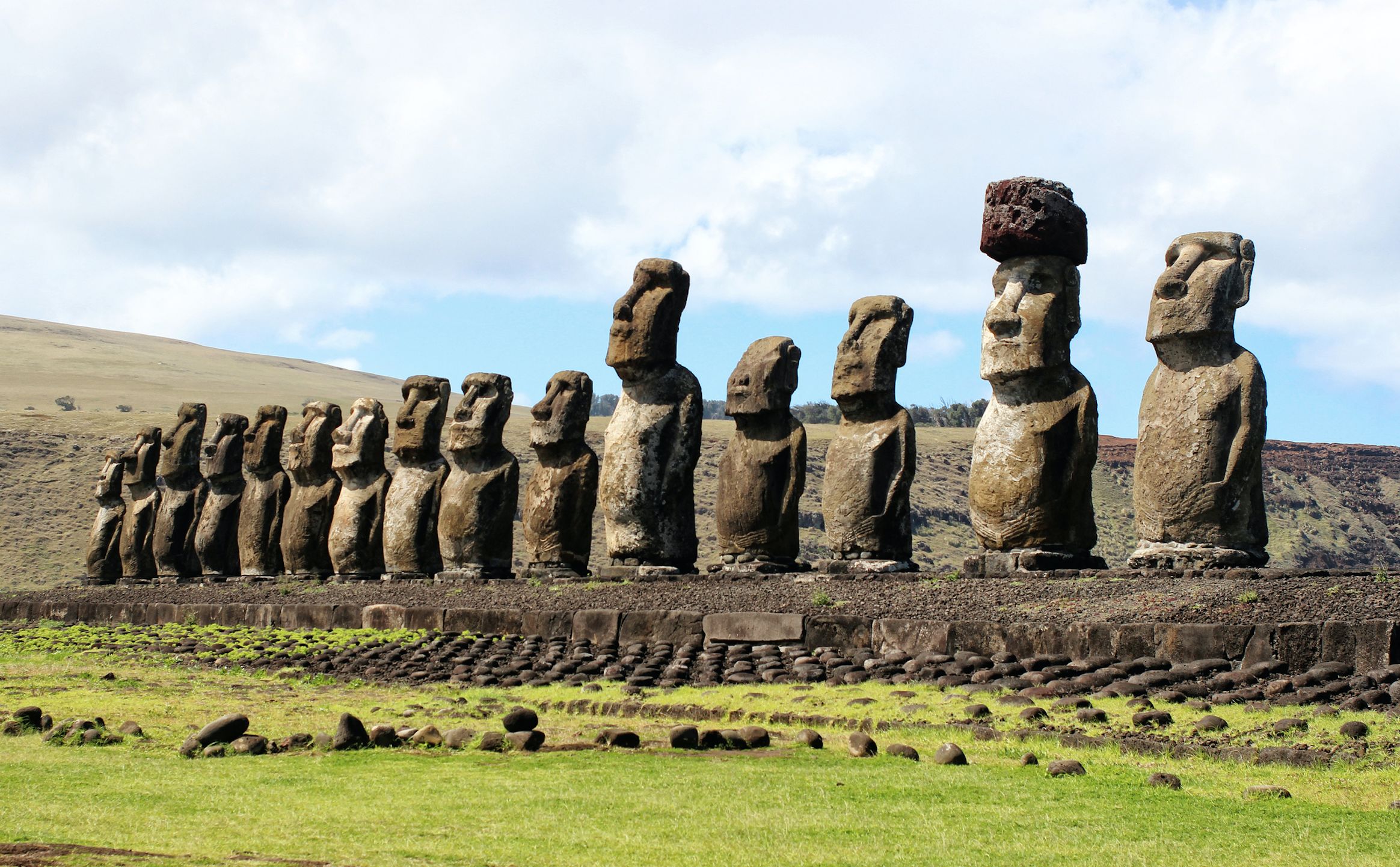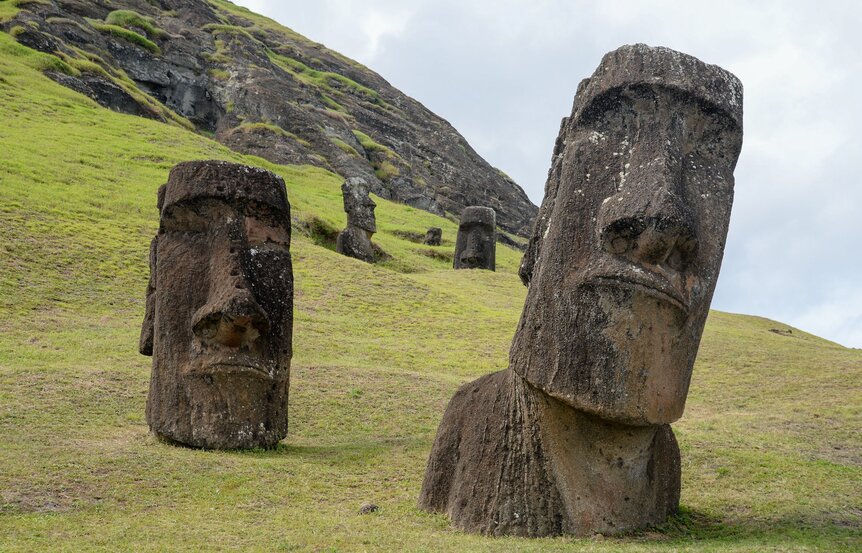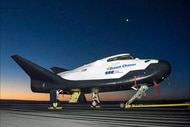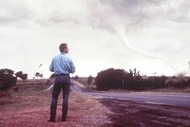Create a free profile to get unlimited access to exclusive videos, sweepstakes, and more!
Rapa Nui man's pickup truck slams into sacred Easter Island statue

Nobody said driving around the legendary Chilean island of Rapa Nui, aka Easter Island, was an easy task, but a local resident parked along one of the UNESCO World Heritage site's narrow roads was arrested last week for property damage when his vehicle lost its parking brake and collided with one of the island's sacred statues called moai. His empty pick-up truck apparently lost control and smashed into the base of one of the massive stone heads, causing considerable wreckage (and likely angering the gods) with the accident.
"The damage is incalculable," Camilo Rapu, president of Easter Island's Rapa Nui community, told CNN. "The moai are sacred structures of religious value for the Rapa Nui people. [The damage] is an offense to a culture that has lived many years struggling to recover its heritage and archaeology."
According to the police, the man's truck probably rolled down the steep hill and struck the statue's ceremonial platform, or ahu, after being left abandoned with just a single rock shoved under the front tire to operate as a substitute for a busted parking brake. It obviously didn't do the proper job!
Rapa Nui is an official Chilean territory situated on a remote volcanic island in Polynesia. The historic location is internationally known for its iconic archaeological sites, including nearly 1000 human head statues carved out of solid native basalt by its early native settlers during the 13th-16th centuries.
This latest incident on the island is one more reason why politicians and local caretakers have been vocal about banning all motorized vehicles. Pedro Pablo Petero Edmunds Paoa, the island's mayor, is all for enacting stricter regulations and an anti-driving law to discourage vehicles from driving too close to the multi-ton monolithic heads.
"Everyone decided against establishing traffic rules when it came to vehicles on sacred sites — but we, as a council, were talking about the dangers and knew very well what the rise in tourist and resident numbers could mean," Edmunds Paoa explained to Chile's El Mercurio paper. "They didn't listen to us, and this is the result."



























